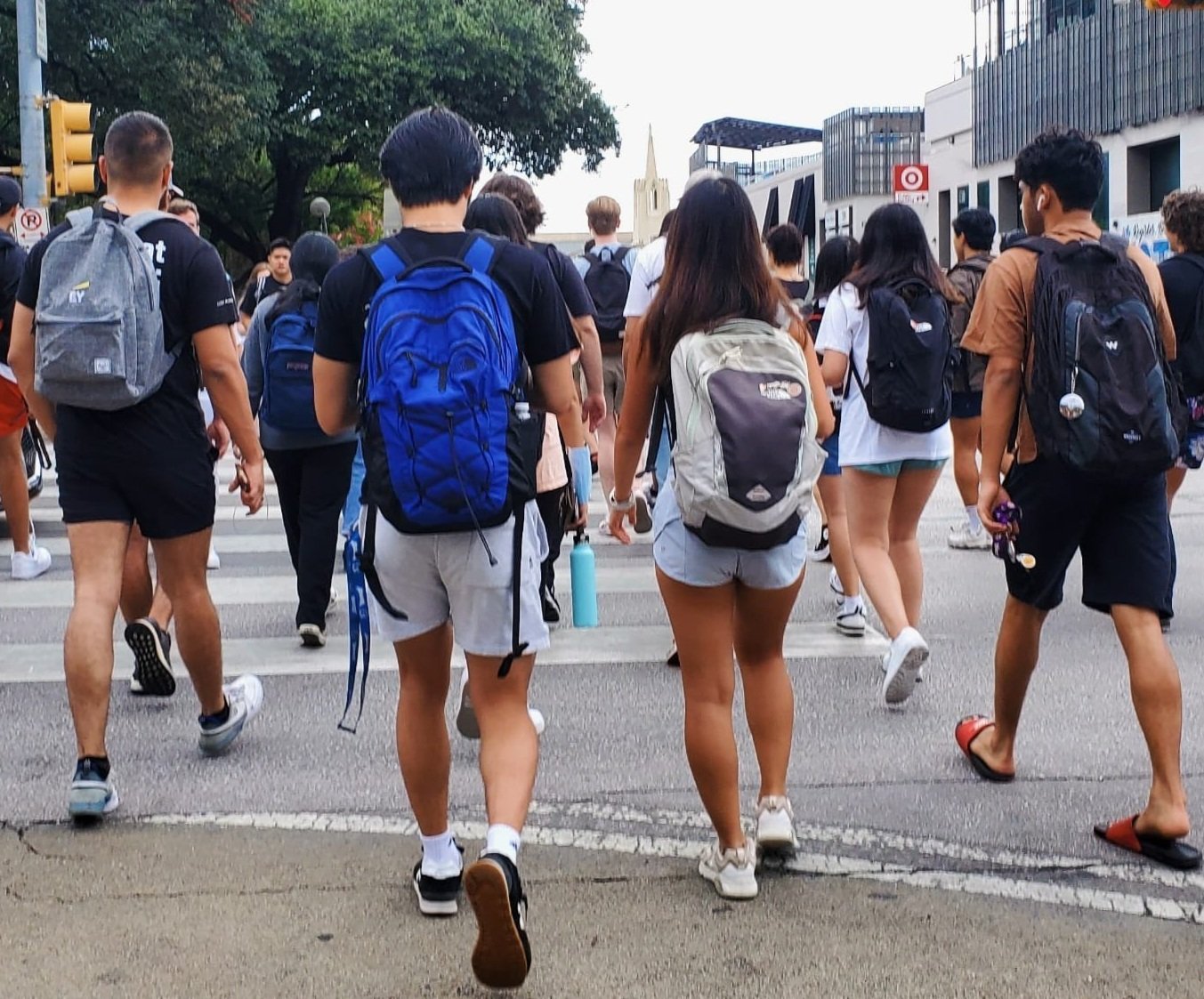New Country, New Culture, No College Credit
Written by Amaya Austin
Nov. 6, 2022 — In high school, Aarush Khirwadkar took advanced math and made high scores on college placement exams. With such credits, most University of Texas students could have placed out as many as two introduction courses, but not Khirwadkar.
Khirwadkar moved from India to Austin for his freshman year and, as with many international students, his academic credits were difficult to transfer. Picking the right college courses was difficult, he said, since he did not know what credits he was eligible for.
“The first time I was doing registration, I didn't really know what I was doing,” said Khirwadkar, now a sophomore math and economics double major, said.
The International Baccalaureate program largely contributes to the issue, university officials said. The program is the international equivalent of the College Board Advanced Placement and College-Level Examination programs in the United States. But shortfalls in the IB system mean student credits sometimes do not reach Texas colleges – making it difficult for students to claim their earned merits.
Margaret Luévano, the director of International Student and Scholar Services at UT, said adapting to a new culture is hard enough for an upcoming college student without having the extra time and expense of re-taking classes that should have been credited.
“Walking is a very common thing for us to do. But when you're walking in a sand dune, it becomes a little bit harder,” Luévano said. “That's how life can be for an international student – it’s just having to do a little bit extra.”
Maria Zoller, a senior academic program coordinator for the Office of Student Testing Services at UT, said the issue is largely because the international program requires a third-party coordinator to transfer a student’s scores.
“Typically, there is a coordinator at the students’ high school, or secondary institution, that handles the bulk of dissemination of those records,” Zoller said.
But with the international program, the coordinators are often unfamiliar with U.S. colleges and misdirect the information, she said.
“In the past, we've had them sent to the Texas Education Agency, which is not a school; it's the governing board,” Zoller said.
Zoller said the score coordinators rarely lose scores, but it has happened.
For students traveling to a new country, Zoller said tracking down where their scores went could be a big issue.
For US.. students, they go to the advanced placement website “and just say, ‘Oh, I just want to send a score report to UT,’” Zoller said.
Luévano said transferring these credits, as well as adapting to a new culture, require international students to “exert a little bit more energy on things that are everyday for us, which might not be everyday for them.”
Though he wasn’t granted credit for his calculus class, Khirwadkar said he was glad he completed the international placement program in high school.
Especially the 4,000-word research paper he wrote throughout his high school career.
“I did mine in physics. Physics is notoriously hard. But I think that was one of [my] most valuable experiences,” Khirwadkar said, “It taught me so much about how actual research is conducted.”
That work prepared him for his tough college classes and assignments in the U.S., he said.
Zoller said students in the international program can be frustrated with the limited amount of awarded credit they receive.
But Zoller said that UT, being a larger college in Texas with more course options, can be “pretty generous with the credits they give for credit by exam.”
Zoller said UT annually evaluates what courses students could later exempt with their earned merit, and that students may be able to claim these credits when they change course requirements.
For now, Zoller said UT students with credit concerns can speak with the Office of Student Testing Services to learn more about why their scores might not have been applied and what courses they may be eligible to skip.
